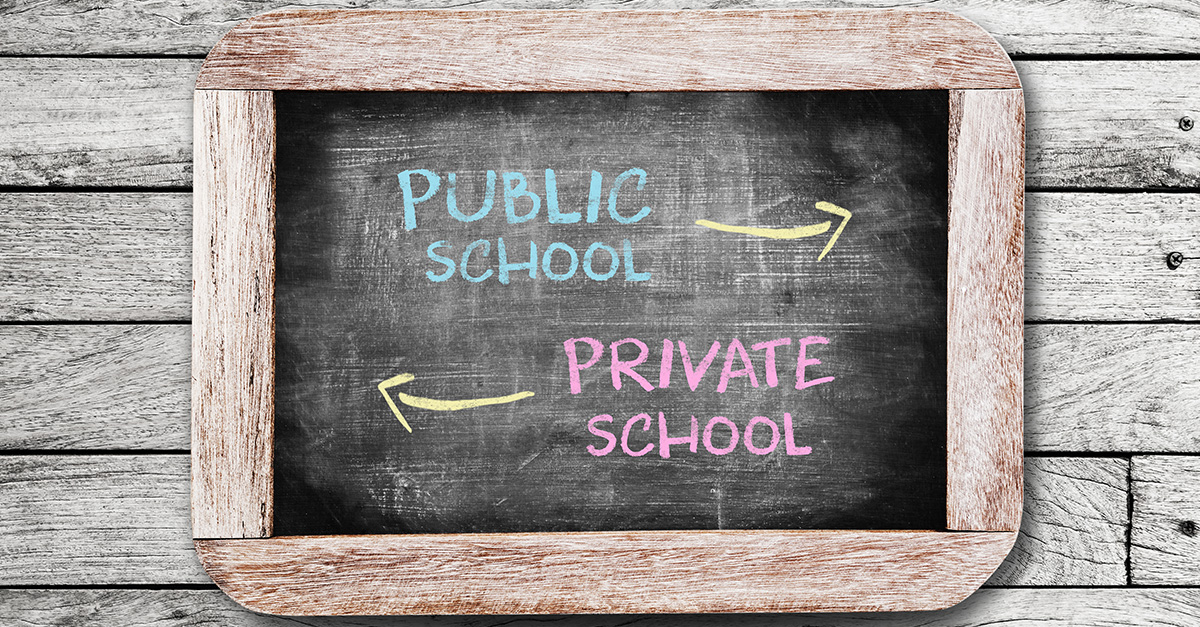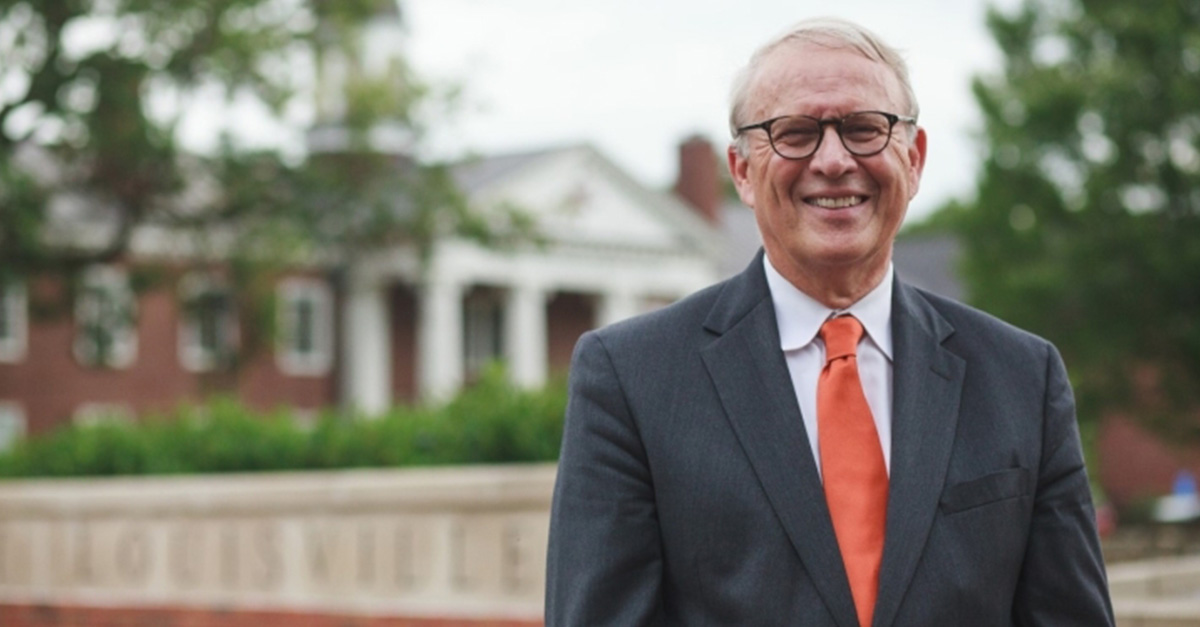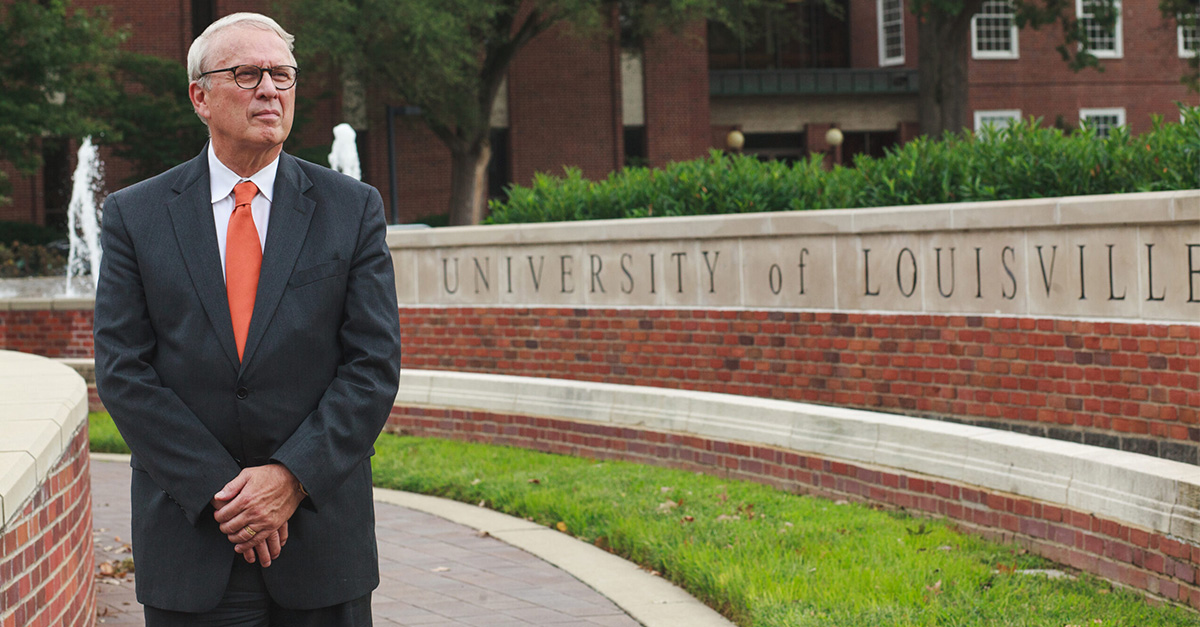


Get a free copy of Parental Rights & Education when you subscribe to our newsletter!

Although the state legislature had easily passed a small school choice law for low-income students, teachers’ unions and other public school advocates managed to exploit a constitutional quirk to put the program to a statewide vote in the general election.
This November, voters in Nebraska will vote on several ballot amendments on a variety of issues, including one that could take away school choice.
After a challenge from school choice advocates, the Nebraska Supreme Court yesterday affirmed in a 7-0 ruling that the referendum could go on the ballot.
If approved by a majority of the state’s voters, the ballot amendment would repeal Section 1 of LB 1402, which directs $10 million annually for education scholarships for students to use at private schools.
LB 1402 was passed by the state’s unicameral legislature in a 32-14 vote. The law creates a tiered system that prioritizes children from low-income families, children with special needs, children who were subject to bullying or harassment at school, students in foster care, and the children of military parents.
A related but separate law, LB1402A, appropriated the funds for the private school scholarships, but November’s ballot measure only deals with the program itself; if the voters repeal it, the $10 million will go back to the public schools.
The law is the second version of the state’s school choice program; it originally passed in 2023 but was altered in 2024 due to concerns from the opposition. The fund initially totaled $25 million and was to be funded by donations that would have awarded “dollar-for-dollar” tax credits. The law also contained an “escalator,” which eventually would increase the fund to $100 million.
By contrast, the new 2024 law offers $10 million in appropriations with no tax credits.
Sen. Lou Ann Linehan, the sponsor of the legislation, explained that critics “said it was too much money, so we addressed both those things. We took it from 25 million to 10 million with no escalator, and it’s no longer a tax credit. That’s what they said the problem was…. We listened, and we adjusted to what they said was problematic.”
That hasn’t stopped opponents from trying to repeal the law by succeeding in putting the issue on the ballot.
Public school advocates, the Nebraska State Education Association and the Nebraska PTA, are the primary groups behind the referendum. They have argued that the state’s voters don’t support using taxpayer money to fund private K-12 education.
Jodi Benson, president of Support Our Schools Nebraska, explained,
“Nebraskans have sent a clear message that they want their voices heard. Voting to repeal LB1402 will ensure public funds are used to support public schools, not to pay for private schools. Nebraskans cannot afford to pay for two school systems.”
Proponents of the school choice program claim that it is intended to give low-income families the same opportunities as high-income families.
Lauren Gage, director of marketing and outreach at Opportunity Scholarships of Nebraska, stated,
“The core of this program is to help give more kids a chance who are struggling to get their needs met in the school that they’re zoned for. A lot of families in Nebraska do have school choice because they’re able to afford it. But for those families that are more disadvantaged, more low-income, that’s who this program is really targeting to help.”
While it remains to be seen how voters will respond to the ballot amendment, polling shows that Americans of all political parties and ethnicities overwhelmingly support school choice policies.
For example, according to a poll conducted by the American Federation of Children, more than 76 percent of Americans said they would be more likely to support candidates who would “support the right to use the tax dollars designated for their child’s education to send their child to the private or public school that best suits their needs.”
Meanwhile legislatures across the nation have heard the demand for school choice and either introduced or increased educational freedom programs.

Opponents of Nebraska’s school choice law claim that it somehow defunds public schools. Sen. Dave Murman, chair of the legislature’s Education Committee, answered those claims by saying,
“In the 2022-2023 year, K-12 schools received about $4.7 billion in taxpayer funds. Since my time as chair of the Education Committee, we have additionally appropriated over $1.6 billion for our public schools. Compare this spending with the $10 million cost of LB 1402, and we see that it is only about 0.2 percent, or two one-thousandths, of our total education funding. Compared to most school choice programs across the country, LB 1402 is amongst the humblest and most meager in the nation.”
Nebraska isn’t defunding public schools, it’s giving them more funding. It just wants to allot a comparatively paltry amount of money to allow those who can’t afford private school with the ability to use a portion of their tax dollars to have the same opportunities that wealthy families have.
It doesn’t matter.
Teachers’ unions are opposed to school choice because they see it as a threat to their monopoly on taxpayers’ money and their ability to indoctrinate children in failing schools.
Proverbs 22:6 exhorts Christians to “Train up a child in the way they should go,” highlighting the biblical role of parents to steward and guide the direction of their children, including their education.
As a result, families deserve to have a choice in how they educate their children — not to be at the mercy of the state.
As seen in this article, many K-12 schools now embrace the secular woke agenda and are hostile to Christian beliefs and parental rights. Fortunately, parents don’t have to settle for this. Liberty University Online Academy is a K-12 program designed to educate your children in the ways of the Lord while preparing them to stand firm in their faith when they graduate. Our flexible online curriculum ensures that your student is trained at your convenience and keeps YOU the ultimate educator of your children.


Notifications